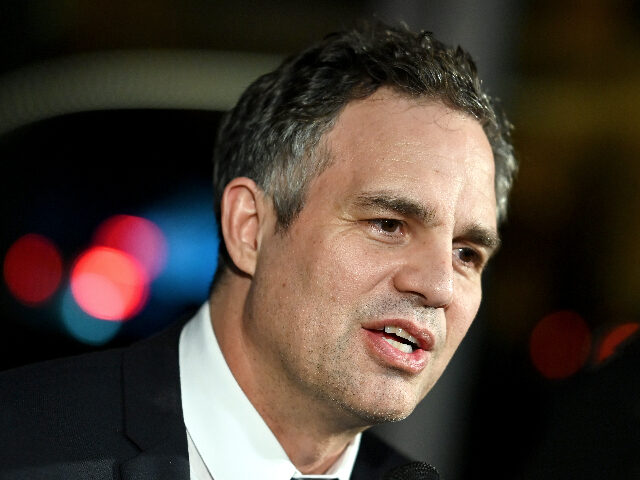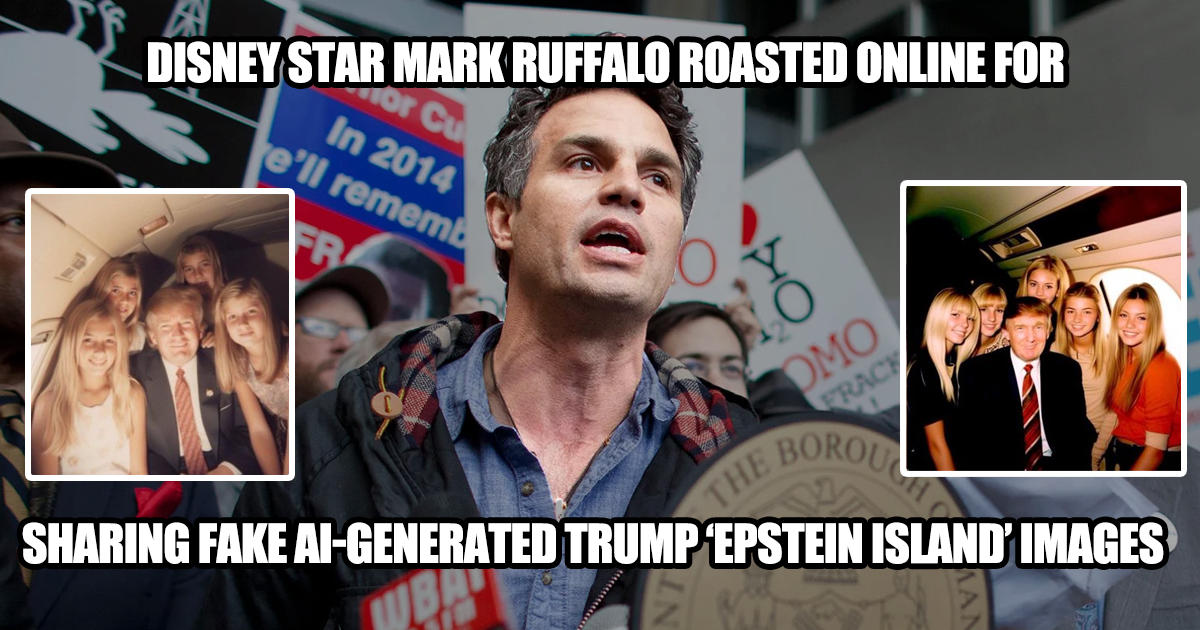Prominent actor Mark Ruffalo, known for his role as the Hulk in Disney’s Marvel films, recently found himself at the center of controversy for sharing AI-generated images on X, formerly known as Twitter. The images falsely depicted former President Donald Trump with a group of young females, allegedly heading to Epstein Island. Ruffalo, who boasts 8.2 million followers on the platform, sourced these images from a pro-Biden account.
As of this writing, no Community Notes correction has been applied to either Ruffalo’s post or the original post, despite the images being debunked by numerous commenters as clearly fake. This incident adds to the ongoing debate about the spread of misinformation on social media platforms.

The circulation of these fake images coincides with recent developments where former President Bill Clinton’s name has surfaced in documents related to the late convicted pedophile Jeffrey Epstein. Notably, in one of the unsealed depositions, Epstein is alleged to have claimed that Clinton prefers young girls.
This is not the first instance of Mark Ruffalo propagating questionable narratives. Last year, he was among several Hollywood figures who amplified Cassidy Hutchinson’s now-discredited claims about then-President Trump’s alleged altercation with Secret Service agents on January 6, 2021.
Ruffalo’s actions reflect a broader trend among some celebrities who use their platforms to promote narratives without thorough verification, often aligning with certain political biases. This raises questions about the responsibility of public figures in vetting information before sharing it with their vast audiences.


